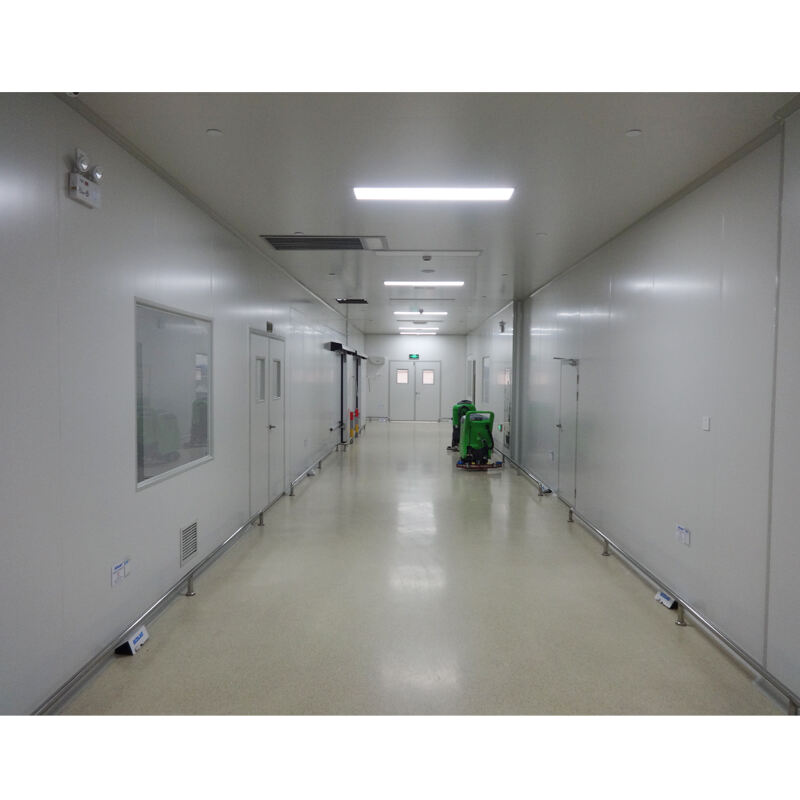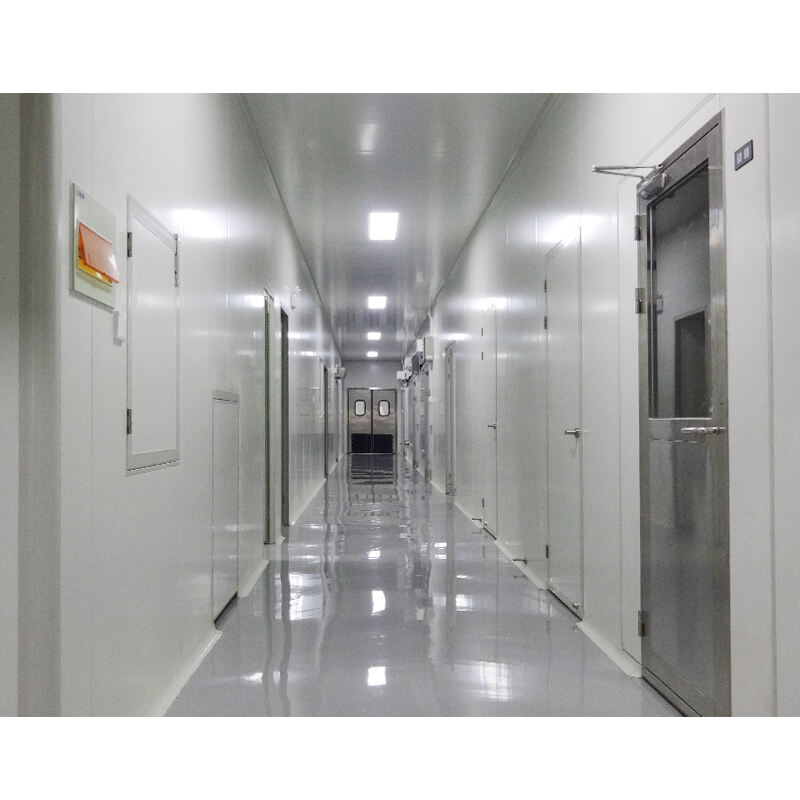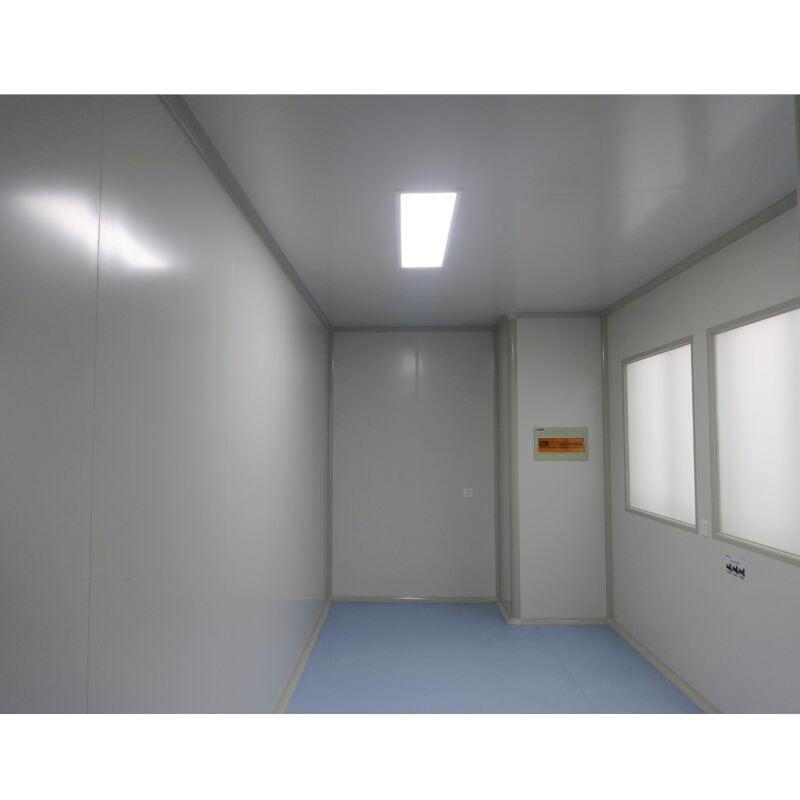air clean systems
Air clean systems represent cutting-edge technology designed to enhance indoor air quality through advanced filtration and purification processes. These sophisticated systems employ multiple stages of filtration, including pre-filters for large particles, HEPA filters for microscopic contaminants, and activated carbon filters for odor and chemical removal. Modern air clean systems incorporate smart sensors that continuously monitor air quality, automatically adjusting filtration levels based on real-time data. They effectively remove common indoor pollutants such as dust, pollen, pet dander, smoke particles, and volatile organic compounds (VOCs). The systems are equipped with powerful fans that ensure optimal air circulation throughout spaces ranging from residential rooms to large commercial facilities. Advanced models feature IoT connectivity, allowing users to monitor and control air quality via smartphone applications. These systems are particularly valuable in healthcare facilities, offices, schools, and homes, where maintaining clean air is essential for occupant health and wellbeing. The technology also includes energy-efficient operation modes and scheduled cleaning cycles to maintain consistent air quality while optimizing power consumption.


